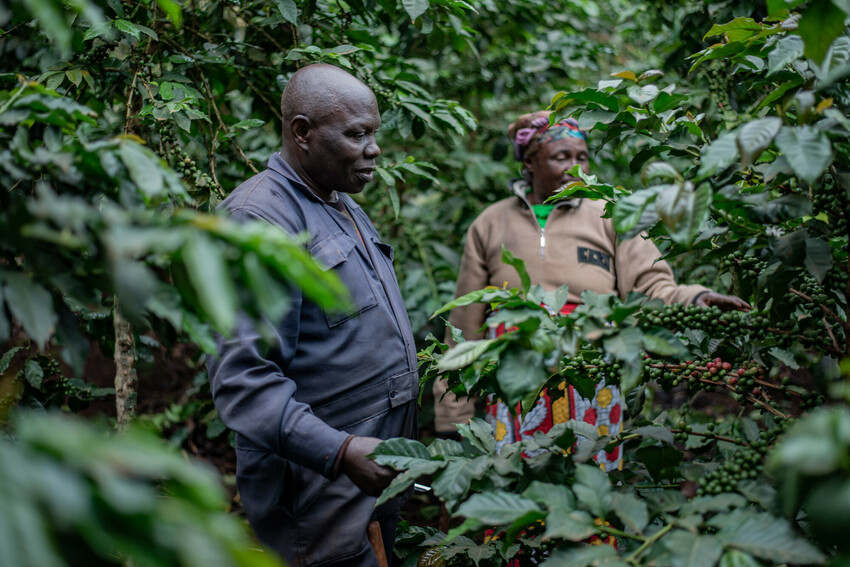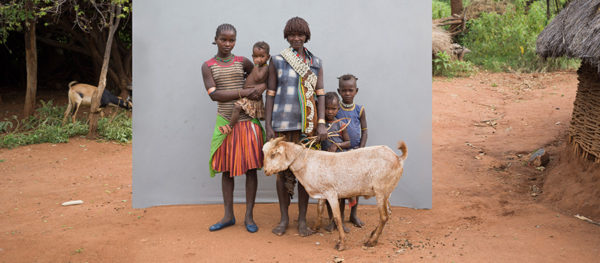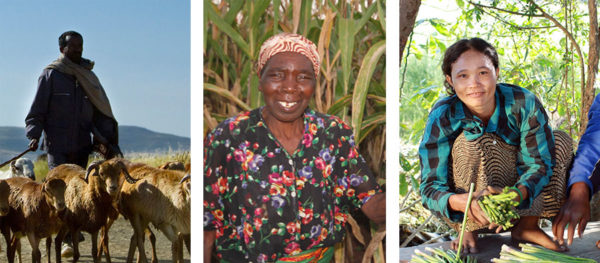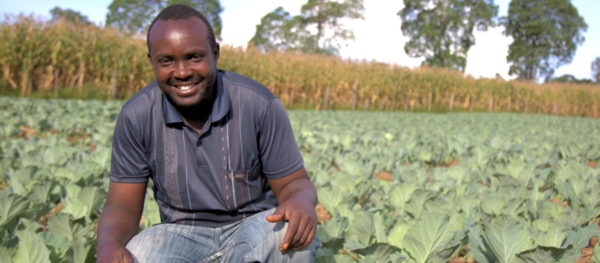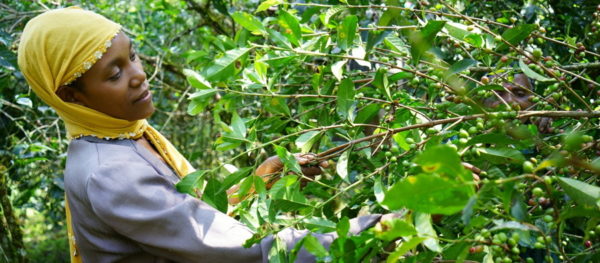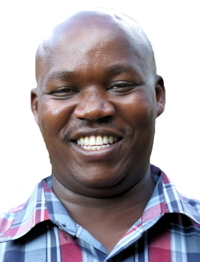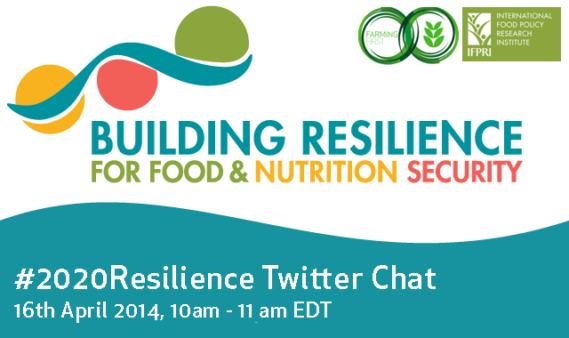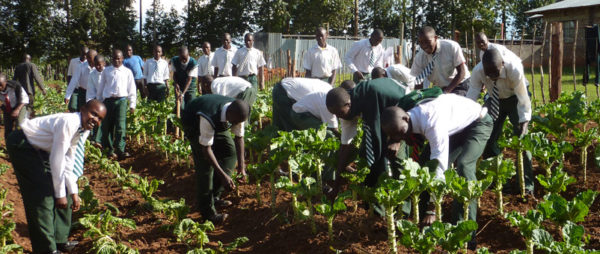Tag: Farm Africa

Kenyan Farmers Tap into the International Carbon Market
Africa & Middle East: A new programme from Farm Africa is helping farmers connect to international carbon markets.
Read MoreHow Livestock are Improving Women’s Livelihoods in Eastern Africa
Africa & Middle East: The Livestock for Livelihoods project is empowering pastoralist women in rural Uganda and Ethiopia to earn their own incomes and better support their families.
Read MoreAgroecology in Action: Forest-Friendly Farming in Ethiopia
Africa & Middle East: Building farmers’ incomes from forest-friendly businesses and the sale of carbon credits is the first approach profiled in our new blog series, by Farm Africa CEO Nicolas Mounard.
Read MoreBoosting Productivity and Incomes of Young Kenyan Smallholders
Africa & Middle East: Farm Africa is working with supermarket chain Aldi to help Kenyan farmers end hunger and leave poverty with better results.
Read MoreBritish and African Farmers Face Similar Challenges and Opportunities
Global: Farm Africa CEO Nicolas Mounard looks at the common challenges that farmers face around the world, from Kenya to Britain, amid trade uncertainty.
Read MoreLivestock is a Key to Human Development – Where Have We Missed the Mark?
Africa & Middle East: Farm Africa's Head of Agriculture asks if the livestock sector is under-resourced in the developing world.
Read More#2020Resilience Twitter Chat Summary
Global: To warm up for the global conference “Building Resilience for Food and Nutrition Security” taking place in Ethiopia in a few weeks time, Farming First and the International Food Policy Research Institute (IFPRI) held a lively and informative Twitter Chat on the topic of “resilience”. Our expert panelists from IFPRI and Farming First supporter organisations […]
Read MoreEngaging Youth in Agriculture – The Key to a Food Secure Future?
Global: Engaging youth in agriculture has been a prominent topic recently and has risen up the development agenda, as there is growing concern worldwide that young people have become disenchanted with agriculture. With most young people – around 85% – living in developing countries, where agriculture is likely to provide the main source of income it […]
Read More